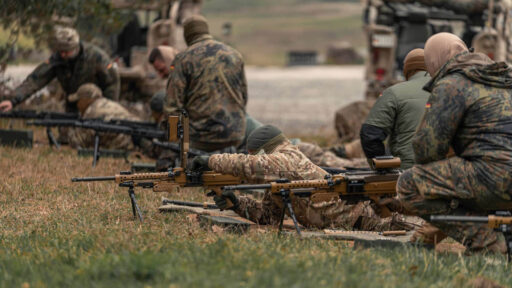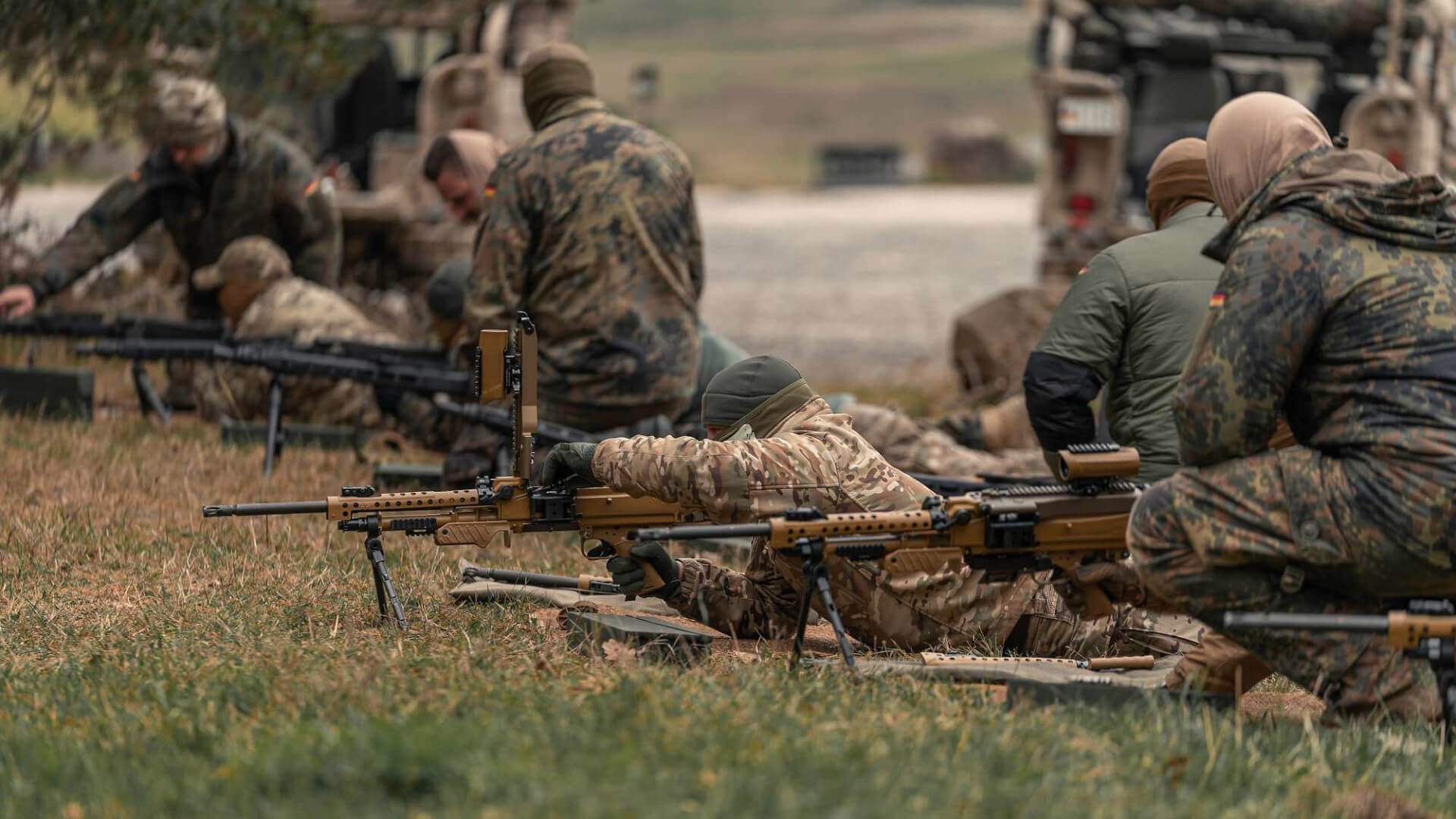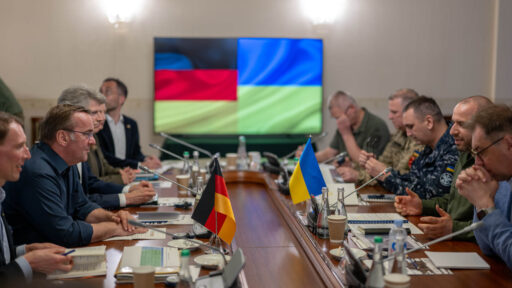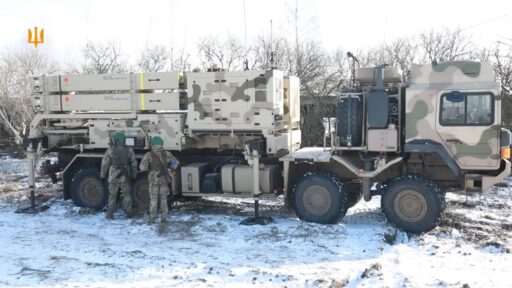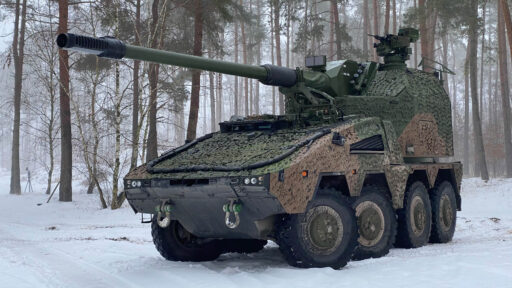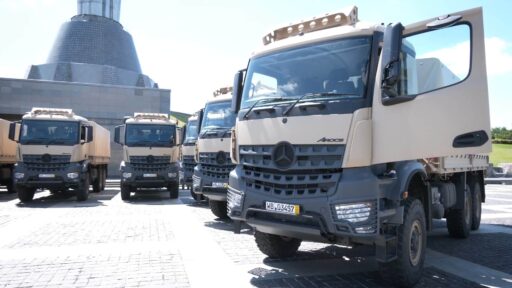A very controversial topic at the moment is a possible training mission on Ukrainian territory. The French President Emmanuel Macron in particular appears to be enthusiastic about this idea, regularly pushing it forward, and by now, it appears to be more a question of when it will happen and not if it will happen.
According to a report by Le Monde, the French government is even planning to set up a new Capability Coalition focussing on military instructors in Ukraine, as other countries such as Estonia and Lithuania have already expressed their interest and willingness to follow France’s leadership in this regard.
While a possible local training mission led by France is certainly welcomed and accepted by the Ukrainian government, there is still no major consensus on this within NATO and the EU.
One country that is firmly opposed to this step — even if it is not blocking it — is Germany. Both Chancellor Olaf Scholz and Minister of Defence Boris Pistorius have regularly spoken out against it in recent weeks.
Three days ago, Pistorius said during a visit to the 21 Surface-to-Air Missile Group that it would be a French decision, should it come to that.
In other words, as other countries want to follow France in this regard, this would be a decision that each country would have to make for itself, and not a decision for NATO or the EU in general. The Financial Times quotes people familiar with the matter in a similar vein.
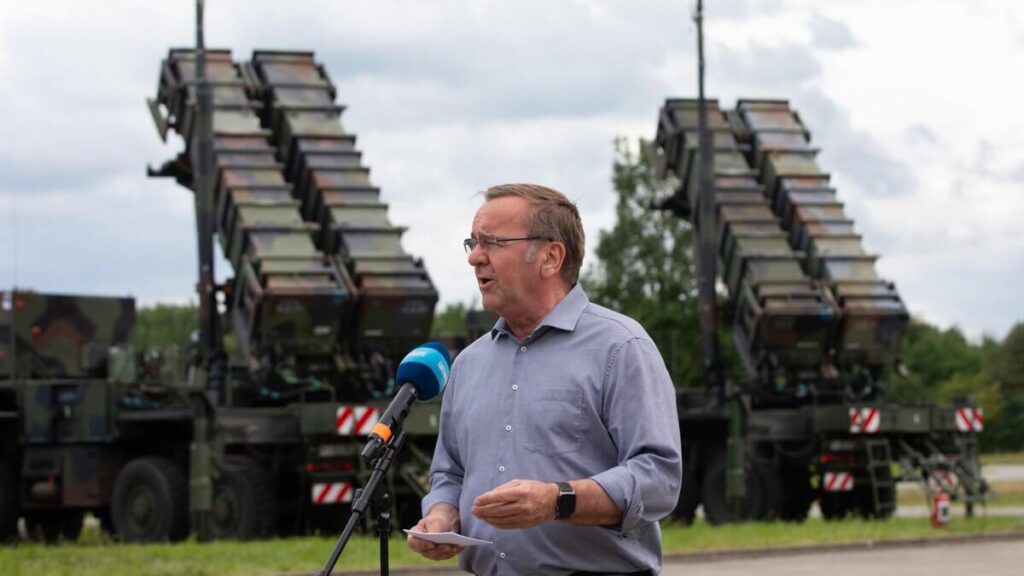 Image: Bundeswehr/Mohrdieck
Image: Bundeswehr/MohrdieckPistorius said that he and his military experts believe that no one has yet been able to explain to them where the big benefit would lie in carrying out training on Ukrainian territory instead of doing it in Germany and other countries as usual.
After all, everything that is done in Ukraine must be protected accordingly and the degree of protection that such a military training site would require in Ukraine would be much greater than in, for example, Germany.
In the case of a doubt, air defence systems would have to be used to protect training courses that could be carried out more safely two hours away in Germany or Poland, Pistorius said.
It is certainly also relevant that no one apart from Germany has so far been willing to contribute actual air defence systems as part of the German IAAD initiative that aims to strengthen Ukraine’s air defence in the short term.
France, as co-lead of the Capability Coalition Integrated Air and Missile Defence (CC IAMD) and then lead nation of the training mission in Ukraine, is only contributing missiles and, according to people familiar with the matter, will have to wait until the end of the Olympic Games in Paris until Ukraine could receive another SAMP/T battery from French stocks.
So it is questionable whether these nations would actually be able to provide the necessary protection themselves. This, in return, implies that Ukraine would have to provide the necessary protection, which would mean that elsewhere one of the urgently needed air defence systems and other equipment, for example for the fight against drones, would be missing.
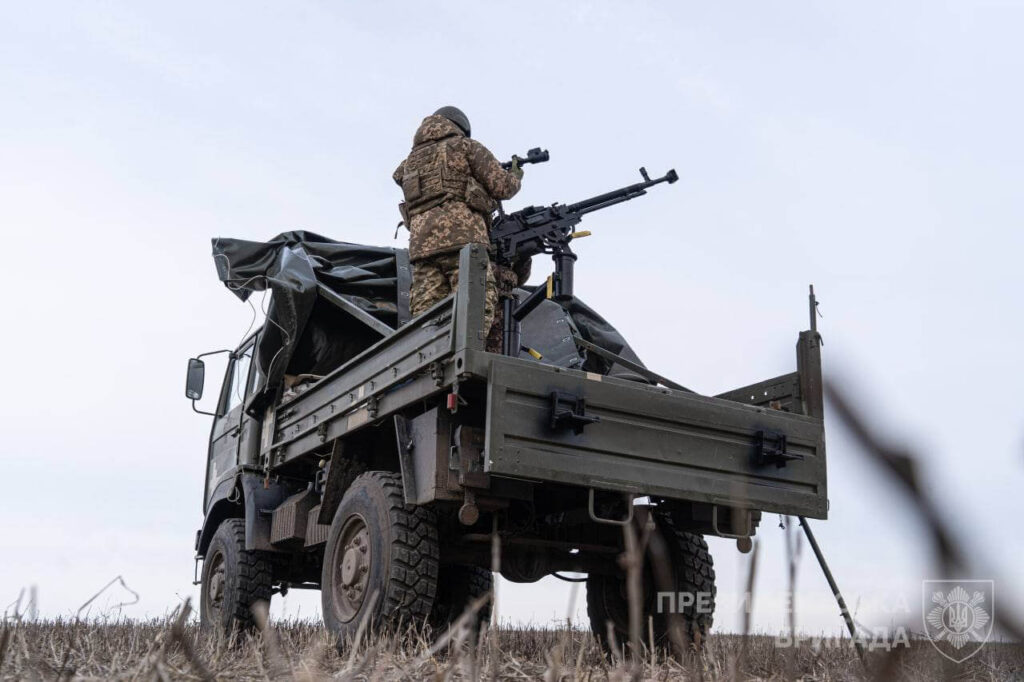
Pistorius also emphasised that one must differentiate between what is actually being discussed. In the case of basic training, some things are certainly possible, even if the aspect of air defence is the same.
With all other specialised training courses, however, one would also endanger the equipment on which the training is being carried out.
Personally, I picture Germany training in Ukraine on the maintenance of Marder 1A3 IFVs and Russia successfully destroying five of them in a strike on a military training site. It’s a nightmare scenario, but that doesn’t mean something like this couldn’t become reality.
This also seems to be the view of the head of the Ukrainian unit that is currently being trained on the Patriot air defence system in Germany. According to Handelsblatt, he said that the training is only this effective when it’s carried out outside of Ukraine.
According to him, it would make not much sense to relocate the training from Germany to Ukraine. “This works much better in a peaceful country. There is no place in Ukraine that is safe.” said the unnamed military officer.
Therefore, the question we have to ask ourselves is: Is it worth it?
Currently, it looks as if France’s focus is on training Ukrainian deminers and even, as France envisages, the training of soldiers for a new motorised brigade. The latter definitely falls under the horror scenario mentioned by the German Minister of Defence.
To summarise, it can be said that the benefits (which Pistorius does not even see) are disproportionate to the effort that would have to be invested, let alone the big risk of losing the training equipment and own military personnel.
A training mission on Ukrainian territory is therefore currently not an option for Germany and assuming that no unforeseen benefits come to light in the future, this will probably remain the case.
If you liked this post, consider following me on X, Bluesky, or Telegram. If you like, you can also leave me a tip on Ko-fi.


